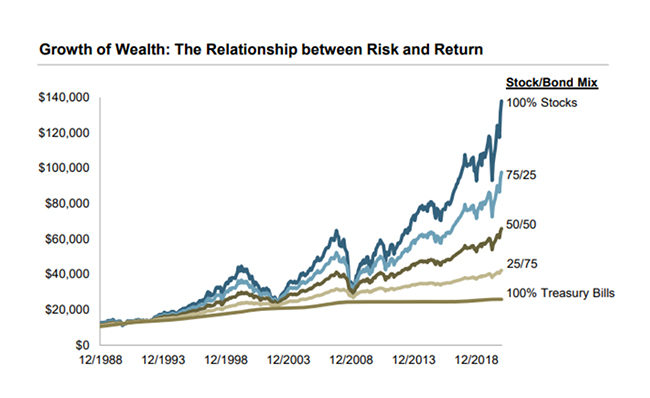Ongoing Planning provides you with confidence and reassurance that you are optimizing relevant planning opportunities and have a professional watching over your “stuff”. You get the benefit of having on-demand meetings or calls for urgent life planning matters as well as unlimited phone and email support.

 Secure Document Sharing
Secure Document Sharing



 A wealth of information at your fingertips.
A wealth of information at your fingertips.







